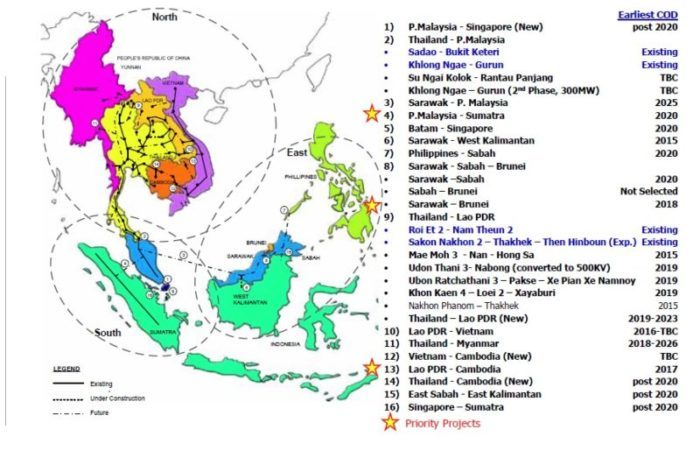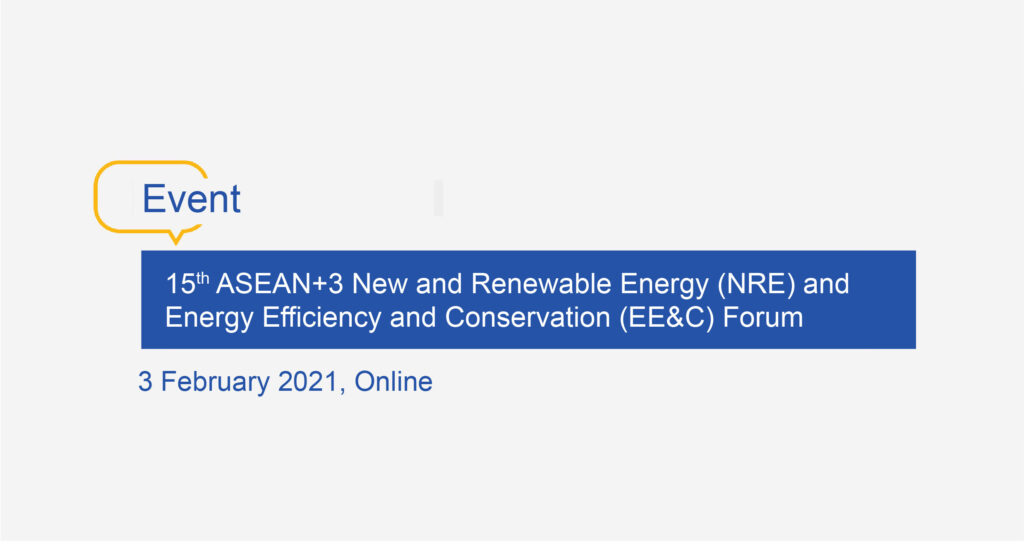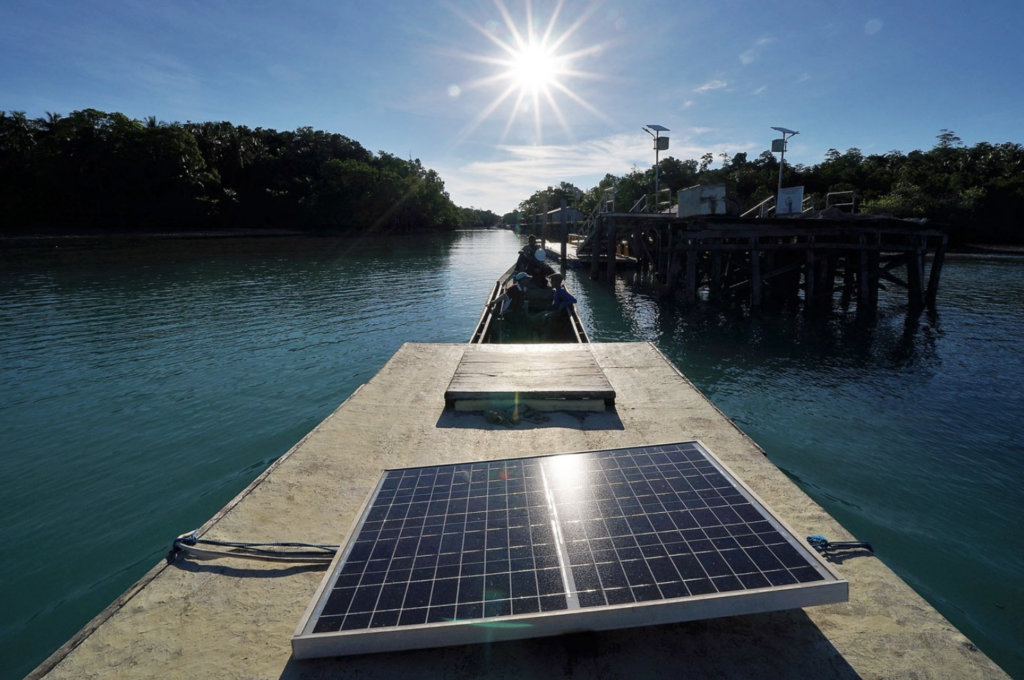Celebrating Earth Day 2021: Energy-Climate Actions to “Restore Our Earth”

The annual celebration of Earth Day started as early as 1970, when 20 million US citizens went to the street and called for better protection of the earth. It went global in 1990, and now it claimed to be able to engage 1 billion people in 190+ countries every year.
Women in Energy Short Opinions

We collected the voice of women about their role in inclusive energy transition in ASEAN.
Defining a ‘Just Energy Investment’

Timelines are of vital importance to the transition to a low-carbon economy. Many countries have energy and climate goals from 2025 to 2030 and beyond 2040 and 2050. Therefore, a key issue is clearly how investment in the energy sector will happen and be managed over these time periods. Further, it is necessary that this investment contributes to justice in the energy sector, i.e. that the investment results in ‘just’ outcomes for society.
Highlighting the Four Pillars of ASEAN Energy Cooperation in Achieving Sustainable Development
The world’s population continues to increase rapidly and is predicted to skyrocket in the future, with Southeast Asia as one of the centres of its growth. According to the 6th ASEAN Energy Outlook (AEO6), ASEAN is predicted to have 768 million inhabitants in 2040. With such a large population, innovations – coupled with collaborations – are needed so that the needs for food, water, and energy can be met sustainably. In determining sustainable energy planning, four important aspects must be considered, namely energy security, accessibility, affordability, and sustainability.
Energy Efficiency as the Industry's Way to Survive the Covid-19 Crisis
Since the emergence of the Covid-19 outbreak, countries around the world are still trying to cope and minimise its impact on the industry sector. Physical distancing and working from the home scheme have naturally affected many companies and the way they operate. To ease the pandemic impact, practicing the energy efficiency and conservation (EE&C) measures could be considered by the industries.
The Power of Social Media to Fight Climate Change
Climate change remains a looming humanity issue because of how complicated and unintegrated the actions are. In 2015, when the world leaders collectively adopted the Paris Climate Accord, it seemed the world was together in fighting the inevitable enemy facing our next generation: climate catastrophe. But, five years later, it looks like we are far from rounding the corner of the “2oC” target.
ACCEPT 2020 Year in Review
A challenging and historical year has passed, as people persevered and embraced the changes brought by the COVID-19 pandemic. ASEAN Climate Change and Energy Project (ACCEPT) is not an exception. We struggled to cope and adapt, optimizing online events, and collaborative efforts to advance our work on pursuing climate-friendly energy development in the region.
How Creative Industry Increases People’s Awareness on Climate Change
Climate issues are often described by researchers in an abstract and impersonal way. Most people would end up considering it as a distant problem, both in time and place. If this continues, it would be a disaster since climate change mitigation efforts are something that we need to work on collectively.











